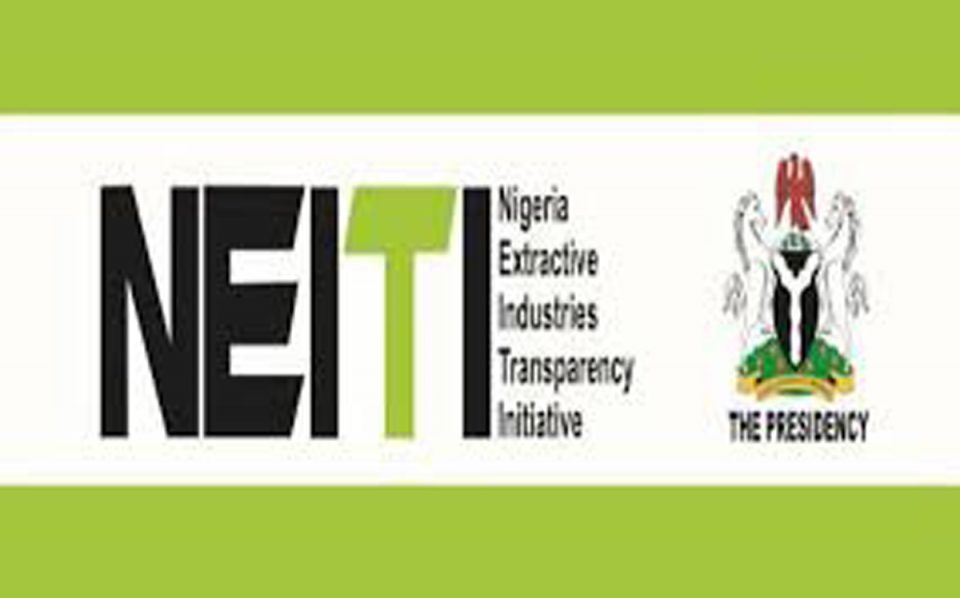…Advocates full deregulation, single regulator for downstream
The Nigeria Extractive Industries Transparency Initiative (NEITI), Tuesday, indicted the Federal Government for failure of the gas sector to make meaningful contributions to the development of the Nigerian economy, stating that over the years, the sector had suffered from lack of clear policies.
In its Policy Brief, titled: ‘Insulating Nigeria from perennial oil price volatility’, published on Tuesday, NEITI disclosed that by not fully developing her gas sector, Nigeria had consistently robbed itself, not just of vital revenues but also of the opportunity to create jobs through the gas value-chain and to address her great challenges with electricity and industrialisation.
According to NEITI, the development of the Nigerian gas sector had been hobbled by lack of clear policies, infrastructure, and fiscal regime.
It maintained that the oil and gas sector in Nigeria had been more skewed towards oil than gas, despite the fact that gas has enormous versatility and utility as a driver of industrialisation and social-economic development.
According to the transparency body, gas can be transported wet or dry over long distance through pipelines and can be liquefied/compressed in specialised carriers (cylinders and tankers). It is the safest and most efficient hydro-carbon for power generation; it can be used in vehicles and other heavy machineries and is used in petrochemicals (fertiliser and pharmaceuticals).
However, it noted that, “Thankfully, this is changing. The policy aspect has been addressed by the 2008 Gas Masterplan and the 2017 Nigerian Gas Policy. The Nigeria Liquefied Natural Gas (NLNG) has been more than a successful proof of concept, which has spurred the development of the Brass NLG, the OKLNG and others.
“The National Gas Flare Commercialisation Programme is designed to tackle the twin challenge of environmental pollution and monetisation of associated gas. Some critical gas infrastructure projects are in the works, especially the Obiafu-Obrikom-Oben (OB3) gas pipeline project and the Ajaokuta-Kaduna-Kano (AKK) gas pipeline project, whose construction was flagged off on 30 June 2020 by President Muhammadu Buhari.”
To fully optimise Nigeria’s gas potentials, NEITI further stated that the Federal Government would need to conclude these critical infrastructure projects and have clear and competitive fiscal regime, as well as provide the necessary incentives for investors and operators in the sector.
Full deregulation
In addition, while it commended the Federal Government for removing subsidy or under-recovery on Premium Motor Spirit (PMS), also known as petrol, it, however, it advised the government to fully deregulate the downstream sector of the Nigerian petroleum industry, to prevent a return to the subsidy era when crude oil prices and ensure it enjoys the benefits associated with deregulation.
NEITI also disagreed with arguments calling for double regulatory agencies for the downstream sector, stating that the government should, instead, ensure a single regulator for the sector.
It said, “As part of the responses to COVID-19 and the sharp fall in oil prices, the Federal Government has removed subsidy or under-recovery on petrol, which cost the country N9.8 trillion between 2006 and 2018. This is a very commendable step that will ensure savings and availability of scarce resources for more impactful areas. It will also help curb the corruption and smuggling associated with petroleum subsidies.
“But to prevent a roll-back when oil prices rise again and to reap the full benefits, full deregulation of the downstream sector will be recommended. Government should embrace full deregulation and concentrate more on quality assurance and consumer protection.
“Also recommended are: a level-playing field for all operators, including NNPC; a single regulator for the downstream sector; and more deliberate strategy for boosting local refining capacity so as to reduce the pressure on external reserves from importation of refined products and position Nigeria to meet the refining needs of the sub-region.”




